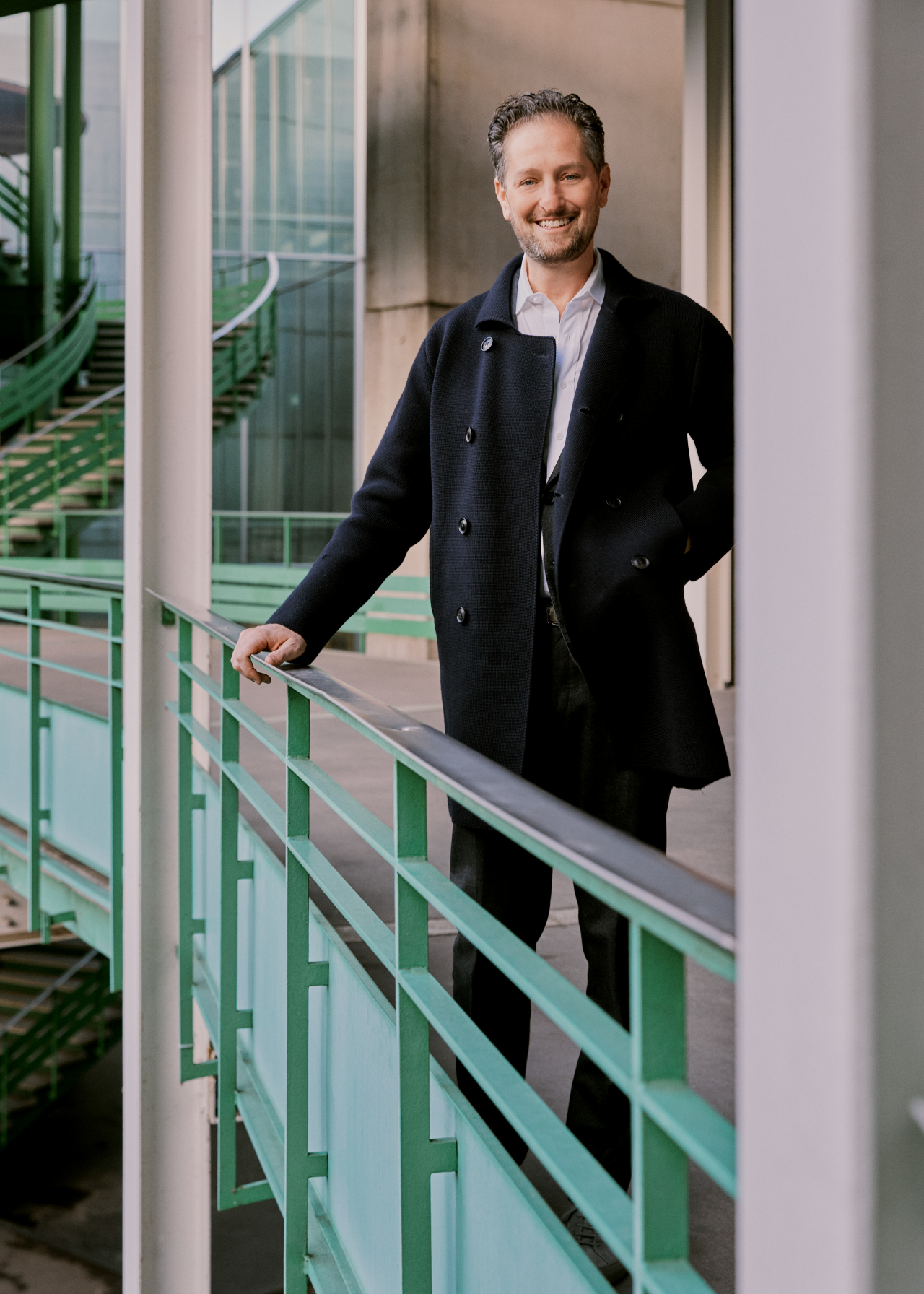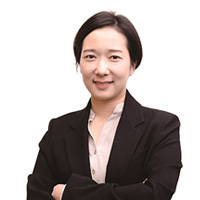[Herald Interview] We are 'extremely committed' to continuing Art Basel Hong Kong: Art Basel CEO
Noah Horowitz sees Seoul as another regional art hub in Asia
By Park YunaPublished : March 29, 2023 - 08:42

HONG KONG -- All eyes were on Art Basel Hong Kong last week, which made its first full return since the start of the COVID-19 pandemic. In 2020, the first year of the pandemic, Asia's largest art fair went online and the following two years saw the event running at a much reduced scale.
“One of the beautiful things about fairs is the spillover that the fair has into the cultural fabric of the city itself. The gallery scene in Hong Kong has accelerated tremendously in the years since Art Basel has been here,” said Art Basel CEO Noah Horowitz during an interview with The Korea Herald on Wednesday at the Hong Kong Convention and Exhibition Centre. Art Basel Hong Kong marked its 10th anniversary this year.
One of related spillover effect has been synergistic interest in the city's contemporary art museum, M+, which opened in November 2021.
“An institution like that becomes possible in some part because of the role that Art Basel has played in the city to galvanize interest around contemporary art and to create cultural communities," he said. "And it's not just the M+. We have Tai Kwun (a center for heritage and arts in the revitalized Central Police Station compound), which opened a number of years ago as well."
Art Basel was organized first in 1970 by gallerists in Basel, Switzerland and has grown into a leading art fair expanding its presence to Miami Beach in 2002, Hong Kong in 2013 and to Paris last year.
“We always make sure that our fairs feel and look different from one another despite the baseline similarities of bringing galleries and artwork into a venue. In Hong Kong, two-thirds of the galleries this year are either exclusively from Asia or have spaces that they operate in the Asian market,” he said.
Despite challenges during the pandemic, lockdowns and anti-government protests, Horowitz shrugged off worries surrounding the city, stressing that Hong Kong’s cultural scene has evolved and that Art Basel is “extremely committed” to continuing the fair in the Asian city.
“We are so committed to continuing to build our business and extend our presence here in Hong Kong,” he said.
Although he is not looking at creating more art fairs in Asia at the moment, an Art Basel team has created what Horowitz calls "community touch points" throughout the year. One example is its collaboration with Art Week Tokyo launched in 2021.
“We brought many collectors to Tokyo and worked with the local art scene there to help support the local gallery ecosystem,” he said. “It is clear that the Asian art market is very interesting and dynamic. It is an incredibly important part of our market at an international level, and it shouldn't be surprising to us that there are regional hubs within the Asian market, whether it's Seoul, Tokyo or Singapore.”
Horowitz, who plans to make his first visit to Seoul this year, sees potential in Seoul’s art market, as a younger generation of people are collecting art at an international level.
“We work with many galleries (from South Korea), and I know the reputation of the Gwangju Biennale. I think Korea has a wonderful collecting tradition and a great art scene, which is of course, important and interesting to us as a global business,” he said.


![[Exclusive] Korean military set to ban iPhones over 'security' concerns](http://res.heraldm.com/phpwas/restmb_idxmake.php?idx=644&simg=/content/image/2024/04/23/20240423050599_0.jpg&u=20240423183955)



![[Herald Interview] 'Amid aging population, Korea to invite more young professionals from overseas'](http://res.heraldm.com/phpwas/restmb_idxmake.php?idx=644&simg=/content/image/2024/04/24/20240424050844_0.jpg&u=20240424200058)


![[Pressure points] Leggings in public: Fashion statement or social faux pas?](http://res.heraldm.com/phpwas/restmb_idxmake.php?idx=644&simg=/content/image/2024/04/23/20240423050669_0.jpg&u=)









